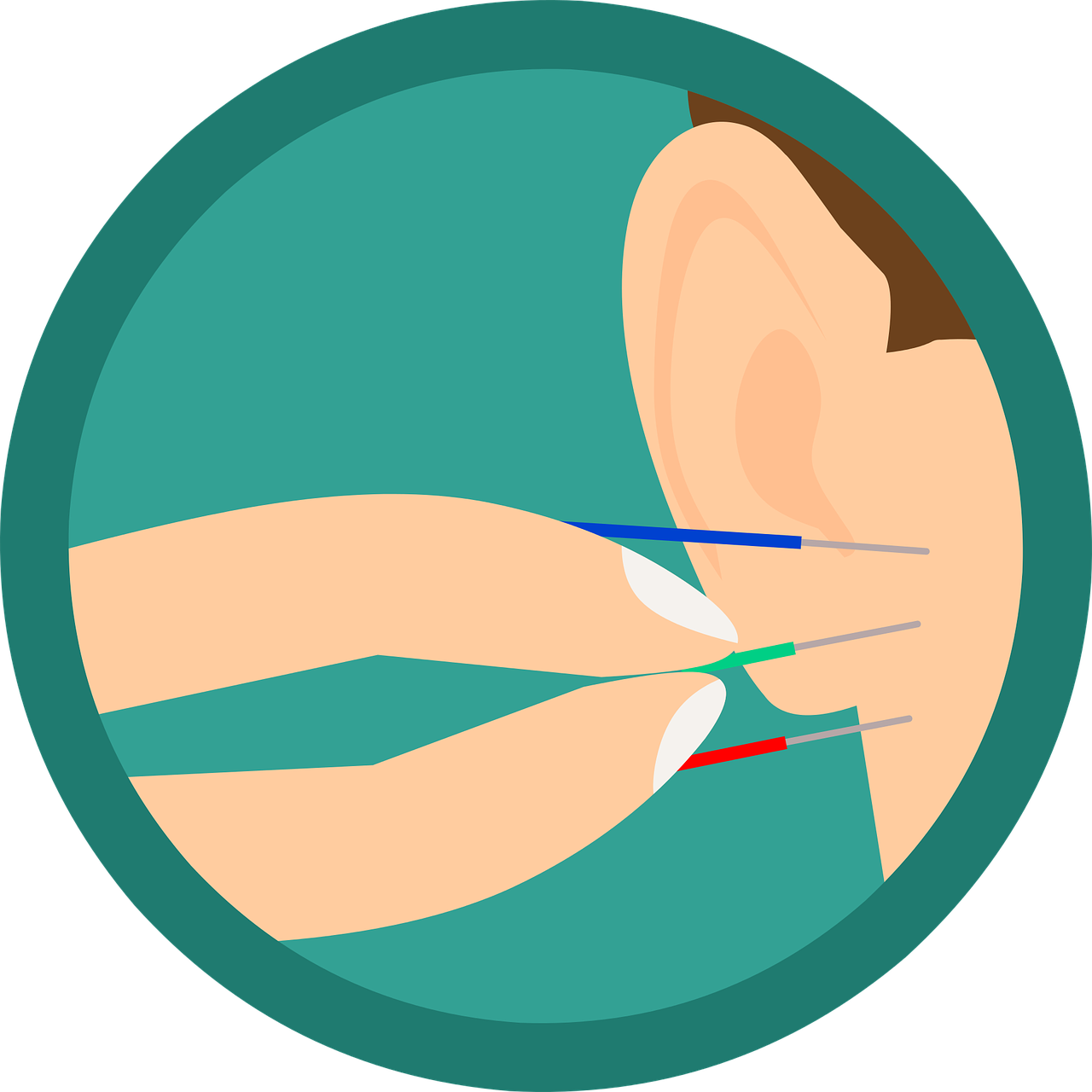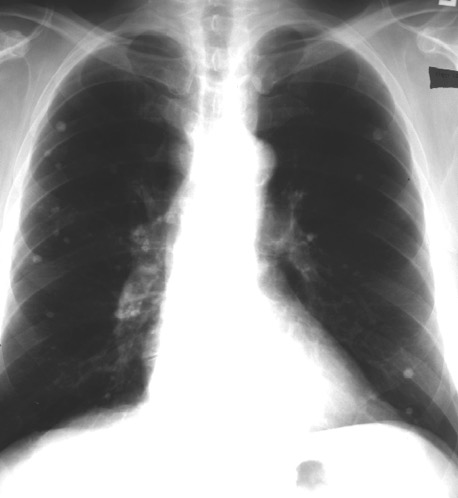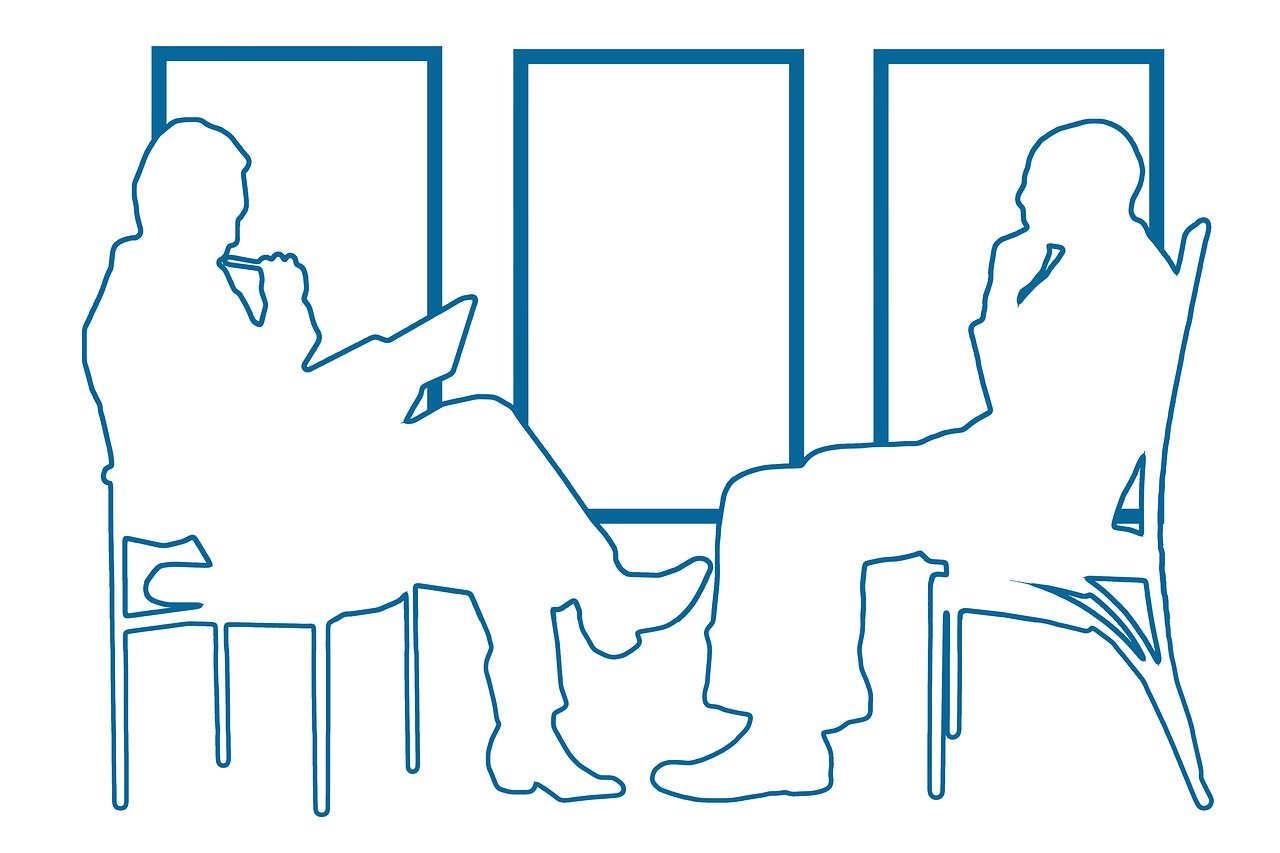
Question About Off Cycle Fellowships And Funding:
Answers:
You posed some interesting questions about particular issues that residents of mine have encountered in the past. So, I can help you based on my experiences.
Off-Cycle Issues
Let’s start with the problem of being off-cycle. Yes, most program directors would rather have a resident that is on-cycle. But, life happens, and it does not always work. For personal reasons, we had one resident who started residency three months later than the typical July 1 beginning. In his case, we were able to get a dispensation from the ABR to allow him to start his fellowship on time. On the other hand, if you are way off-cycle, you may not be allowed to do so. In that situation, it would make it a bit more challenging to find a fellowship position that can conform to the timing that you need.
That said, since the market for fellowship now favors the applicants, many programs would be willing to create a spot that allows you to start a fellowship soon after finishing. Right now, I know of many 6-month fellowship positions that would be happy to take an off-cycle resident at almost any time. It might be a bit more difficult if you were interested in a more competitive fellowship like interventional radiology.
Funding Issues
In terms of the funding for residency, typically, the government bases it on the amount of time completed in residency, not the expected time in a residency. So, if you only have completed a year or two of a three-year categorical spot, you will still have as many options as those that did a one or two-year preliminary program.
For those that have completed more than two years of a government-funded residency, you can also get foreign or military funding to supplement the rest, if available. And finally, some spots I know are entirely privately funded, so it does not matter how many years have been supported by Medicare.
Most programs, however, will utilize the government Medicare program for funding. So, if you are in a residency and have used up government Medicare resources, the program can rely on other sources of financing afterward, if your residency can find it and if it is available.
Thanks for the great questions,
Barry Julius, MD













